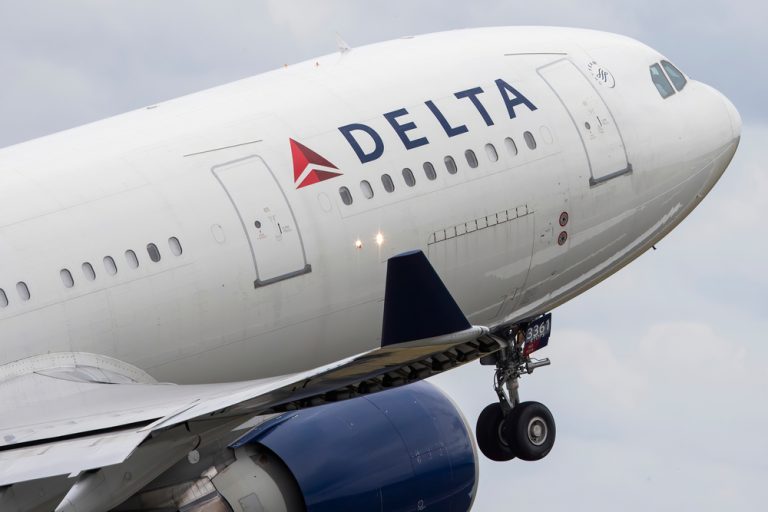Airline restores 2025 profit outlook after booking rebound
Delta Air Lines has reinstated its full-year 2025 profit forecast after a stronger-than-expected summer travel outlook and stabilizing bookings. The company now expects adjusted earnings of $5.25 to $6.25 per share, a revision down from the ambitious $7.35 per share projected in January, but a clear improvement over April’s uncertainty.
Shares of Delta surged more than 12% following the announcement. Competitor airline stocks also rallied in anticipation of their upcoming earnings reports later this month. The airline had earlier withheld guidance due to tariff volatility and subdued consumer demand, which had disrupted booking trends and forced some carriers to cut post-summer capacity.
CEO Ed Bastian attributed the renewed optimism to clearer economic signals following the passage of a new tax and spending bill and the Trump administration’s more decisive trade strategy. “People are still traveling,” Bastian said, noting that travelers are booking closer to departure dates, reshaping Delta’s capacity and yield strategies.
Strong Q2 results and optimistic Q3 outlook
For the second quarter ended June 30, Delta reported:
- Adjusted earnings per share: $2.10 (vs. $2.05 expected)
- Adjusted revenue: $15.51 billion (vs. $15.48 billion expected)
Net income rose 63% year-over-year to $2.13 billion, or $3.27 per share. Adjusted net income reached $1.37 billion. Looking ahead, Delta forecasts third-quarter earnings of $1.25 to $1.75 per share, exceeding Wall Street’s $1.31 consensus. It also expects Q3 revenue growth of up to 4%, above the 1.4% average forecast.
Premium seats and its American Express partnership were key revenue drivers. Premium-product revenue rose 5%, while main cabin sales declined 5%. The Amex partnership generated $2 billion in the quarter, up 10% from a year earlier. Overall revenue per seat mile declined 4% amid falling average fares across the U.S. market.
Corporate and international travel trends shift
Corporate travel has stabilized, though it remains flat year-over-year, missing Delta’s earlier 5% to 10% growth expectations. Travelers are increasingly favoring European vacations after peak summer to avoid heat and high costs. This trend could reshape demand timing for long-haul routes.
Delta has also adjusted capacity, with surgical post-summer cuts planned starting mid-August. Bastian emphasized continued investment in premium experiences, acknowledging that what was once “state of the art” now needs modernizing. Enhancements to lounges and onboard services are underway.
Sky Club crowding and infrastructure improvements
Delta’s Sky Clubs, especially popular among premium travelers, have faced crowding issues. President Glen Hauenstein said improvements will resolve most of these challenges within 18 to 24 months. Expanded lounges, overflow spaces, and stricter policies are being deployed, though he noted that weather delays remain an unpredictable variable.
Delta remains focused on maintaining its competitive edge through product upgrades and strategic network adjustments. With its premium travel model proving resilient, the airline is positioned to weather tariff-related headwinds and evolving passenger behavior.


